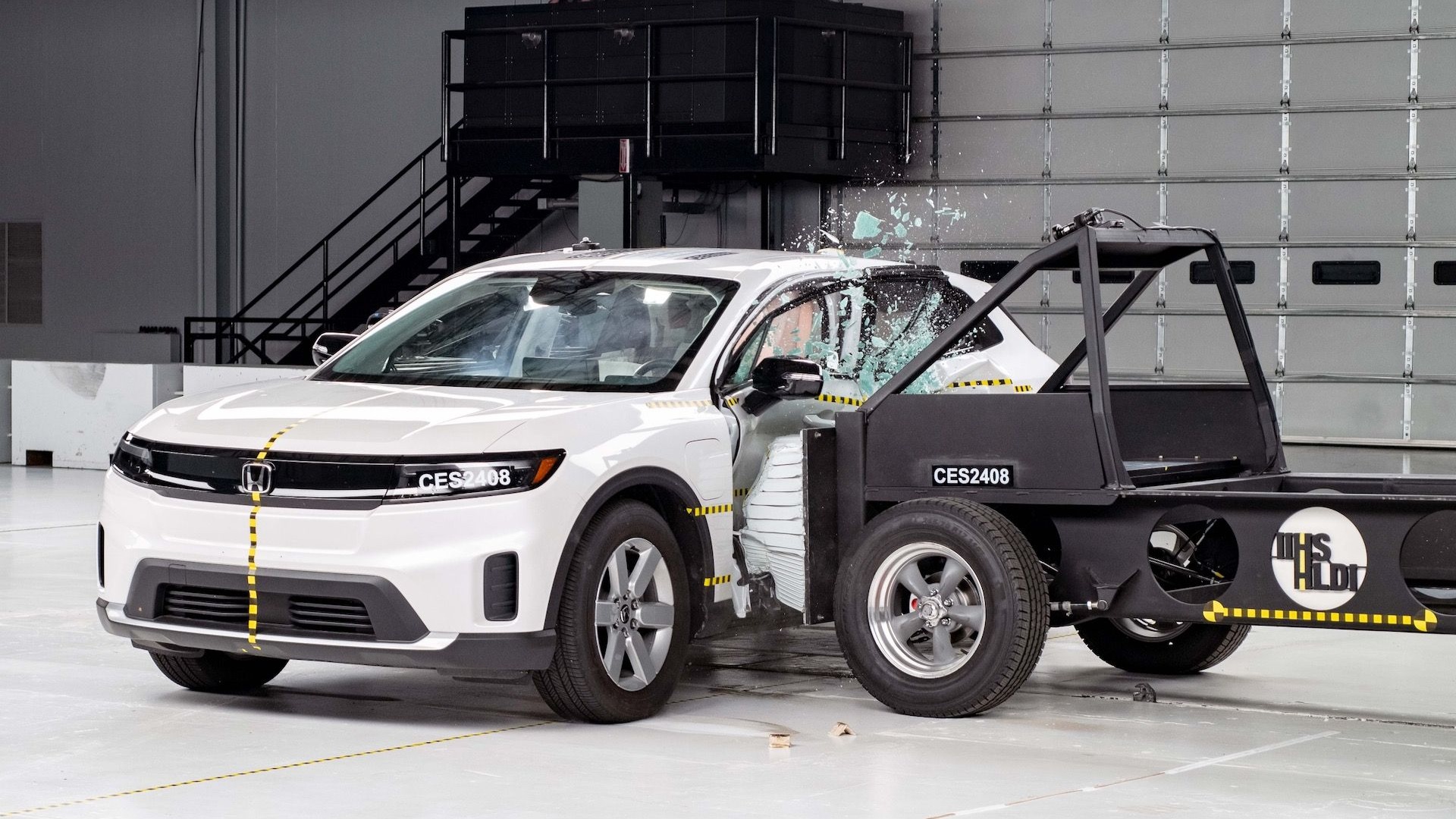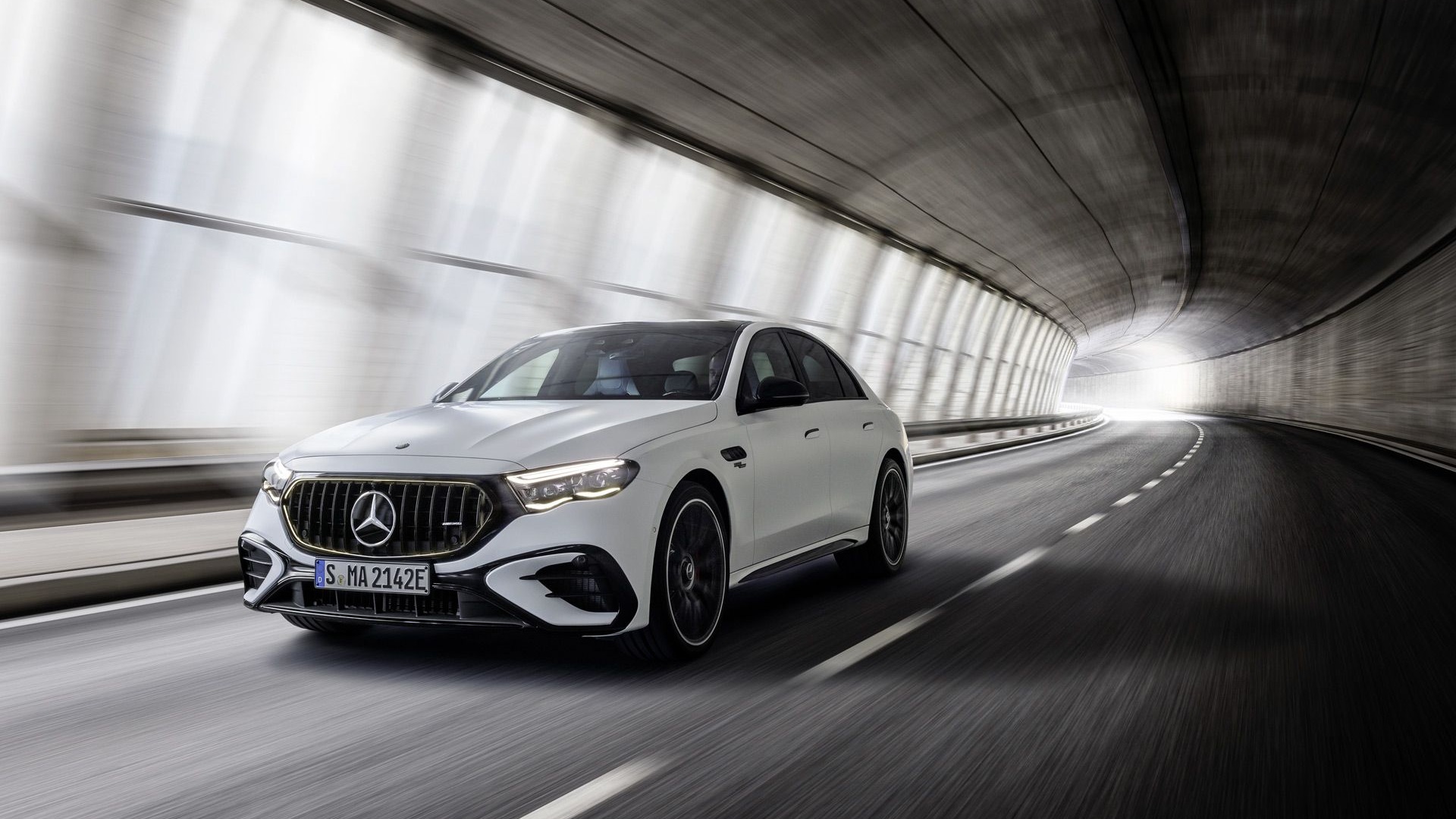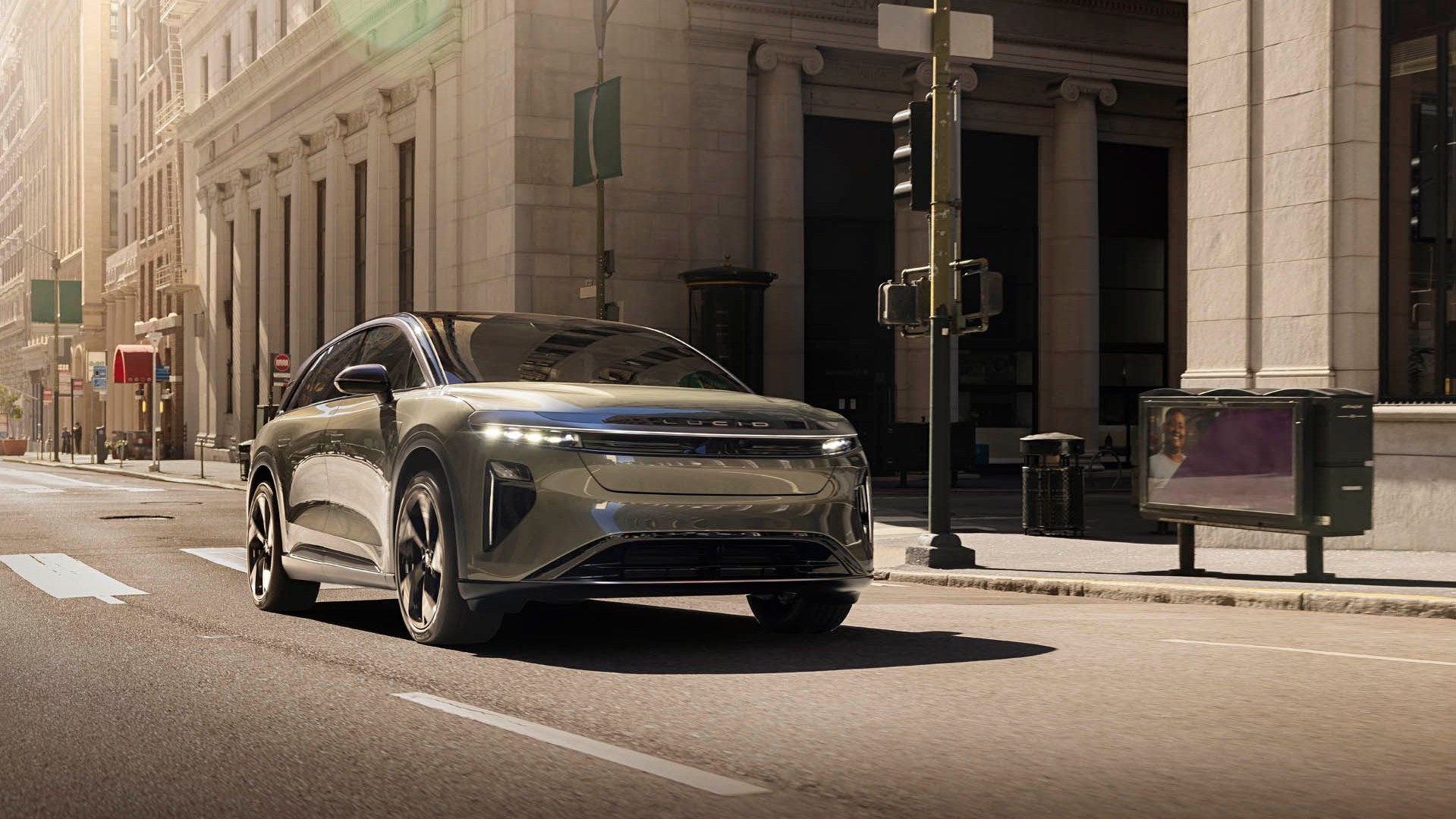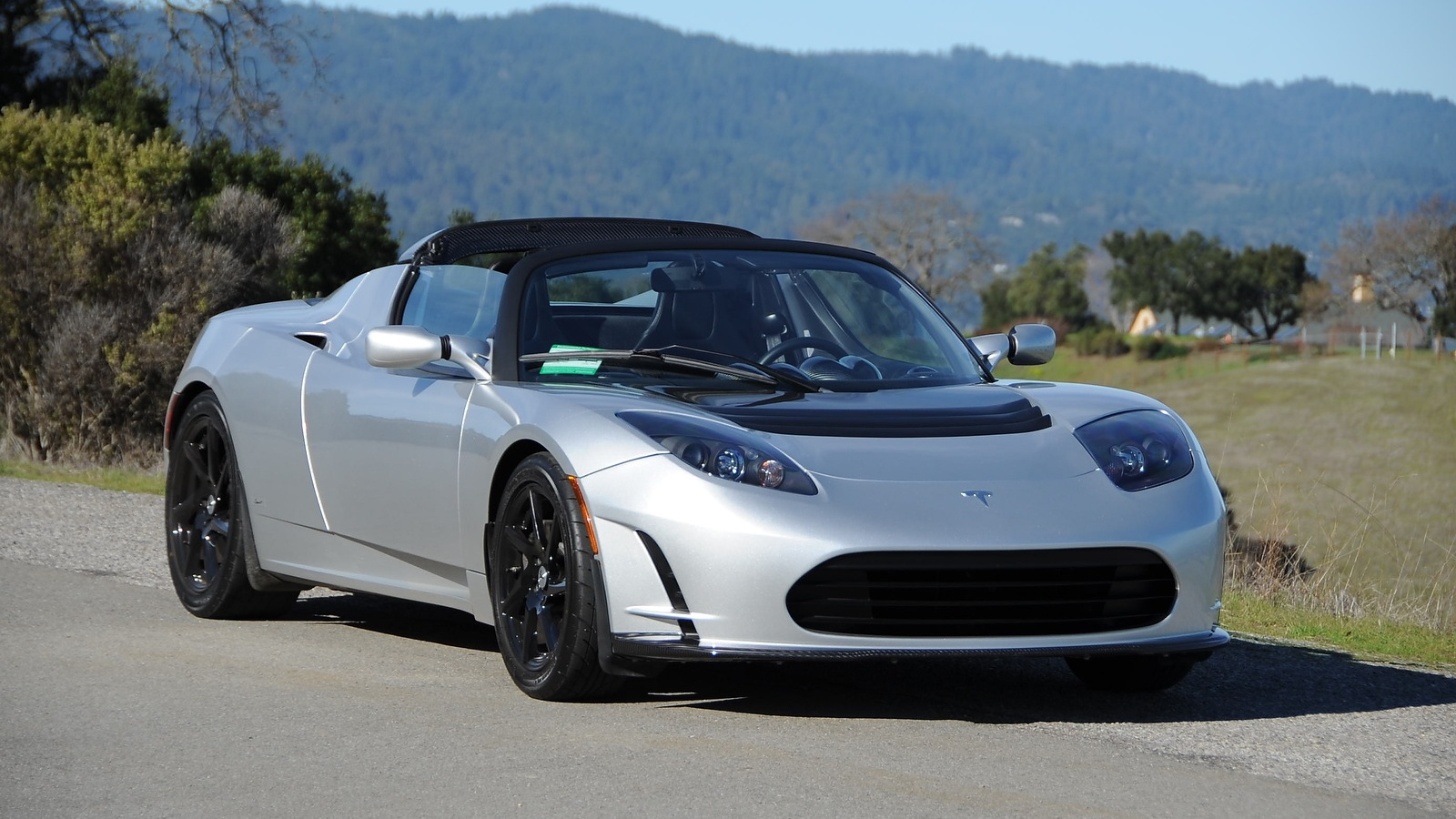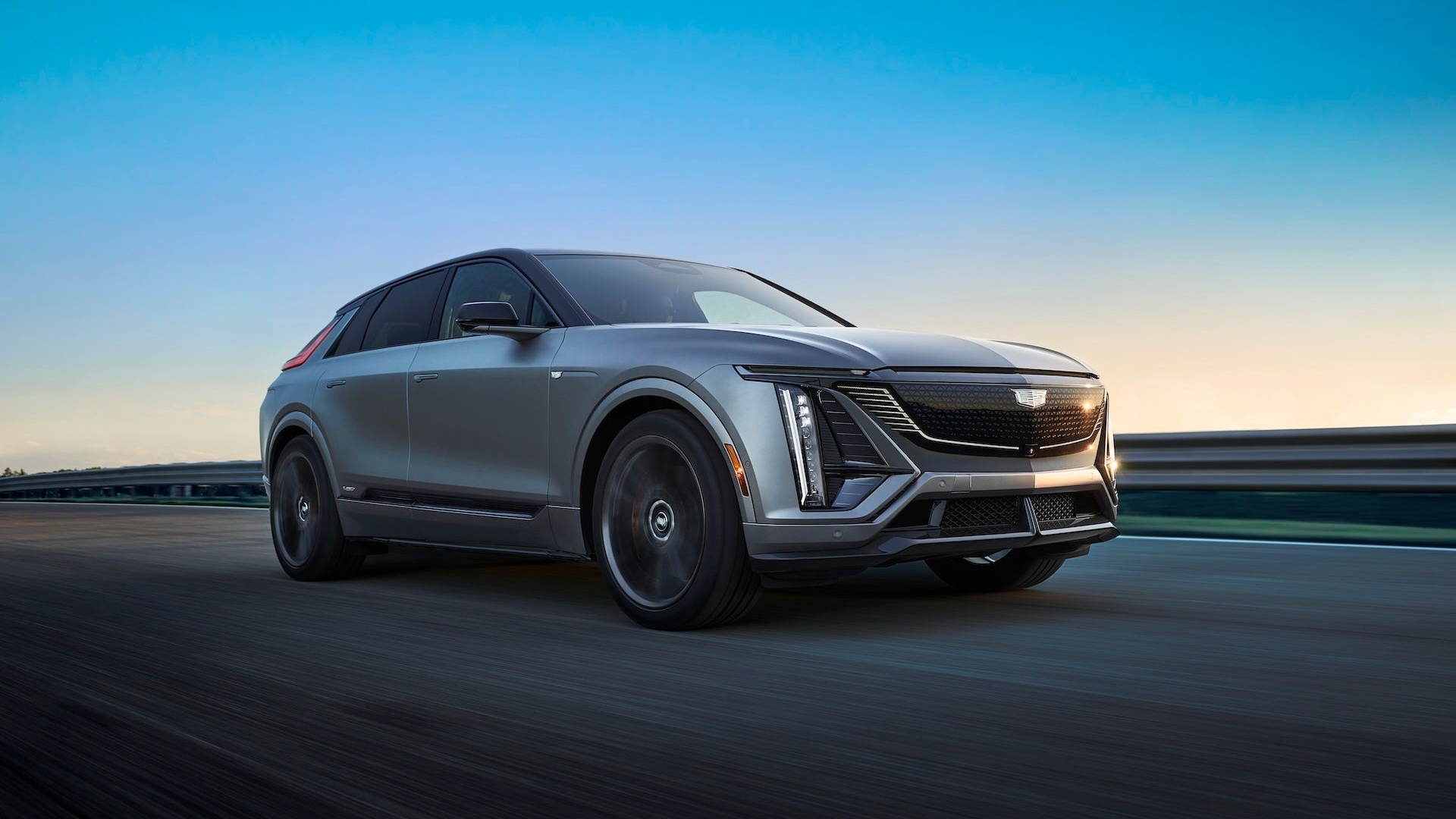One of Tesla's strengths is that it has been able to quickly deploy over-the-air fixes for some safety-related issues. But the new recall issues encompassing 475,318 vehicles will require navigating Tesla's service system and some manner of in-person inspection—even if that might be curbside in some cases.
The automaker is recalling 356,309 Model 3 sedans to address a rearview camera cable harness that may be damaged by the opening and closing of the trunk lid, preventing the rearview camera image from displaying, according to the National Highway Traffic Safety Administration (NHTSA). This recall encompasses every 2017-2020 Model 3.
Tesla is also recalling 119,009 Model S vehicles from model years 2014 to 2021 because of possible misaligned frunk latch assemblies. If the assembly is misaligned, it could prevent a secondary latch from engaging, creating the possibility of the frunk opening while driving, according to the NHTSA.

2020 Tesla Model S
Both recalls will require a visit to a Tesla service center for inspection and possible replacement of the affected components, free of charge. While this is a common occurrence with other automakers, it's unusual for Tesla.
The automaker has tried to use over-the-air software updates to address as many issues as possible, such as when it deployed a software fix for brake performance in 2018.
More recently, though, Tesla has had to issue recalls to address hardware problems. In 2021 it recalled the Model 3 and Model Y for a potential brake issue, and later in the year it recalled some Model Y vehicles for a suspension issue. Both recalls were potentially related to assembly errors.
Tesla still hasn't had any recalls related to propulsion components, however. Its costliest and highest-visibility recall to date has likely been its agreement to replace touchscreen displays in Model S and Model X vehicles.


